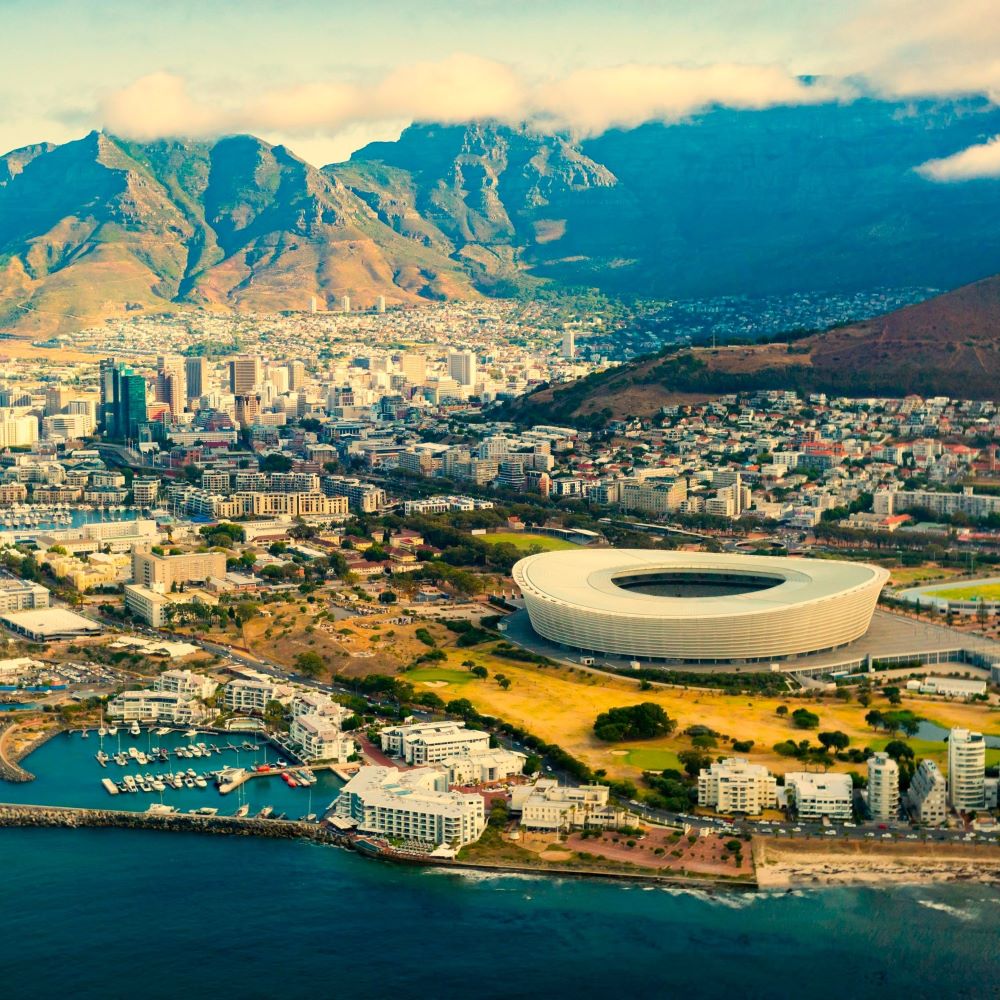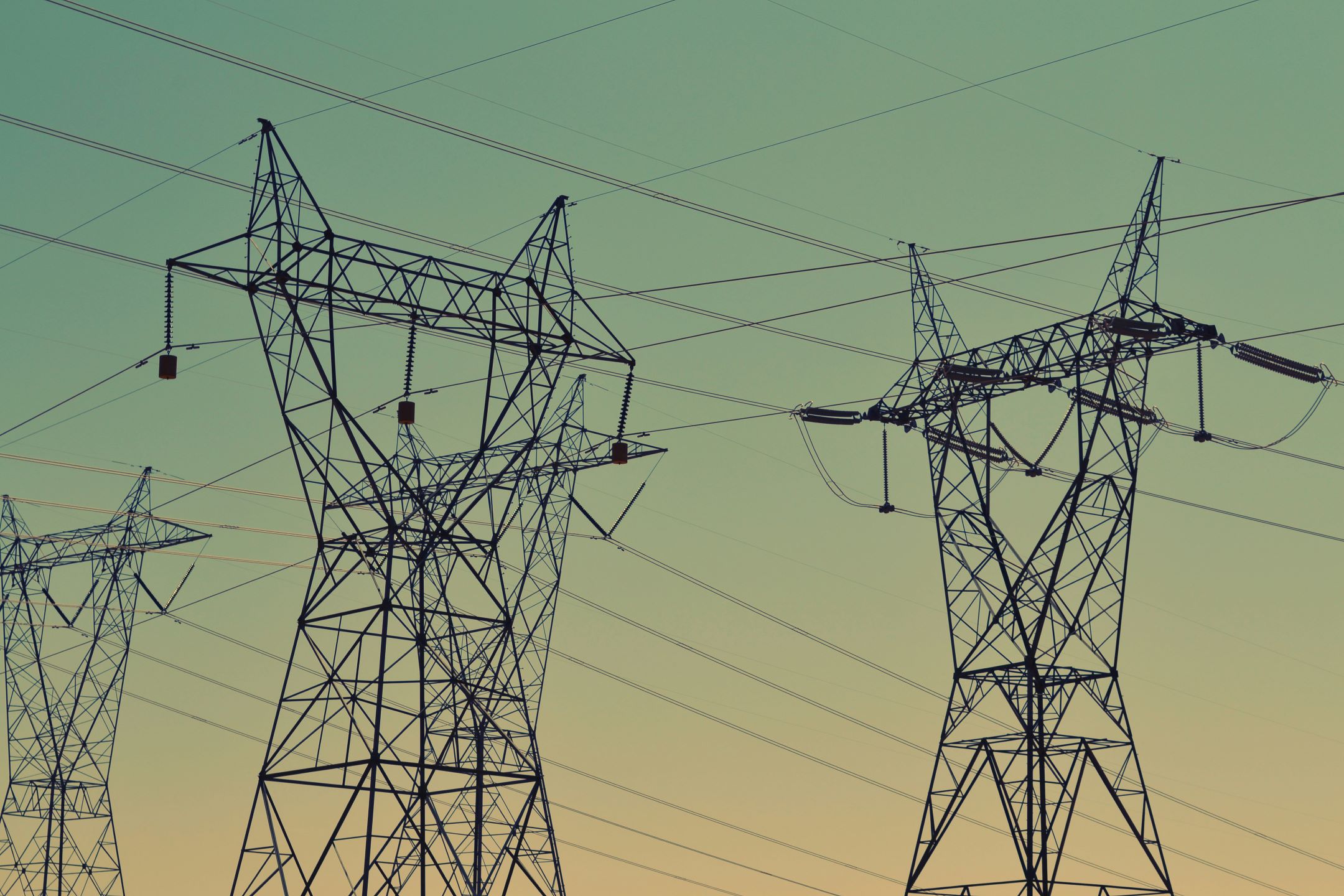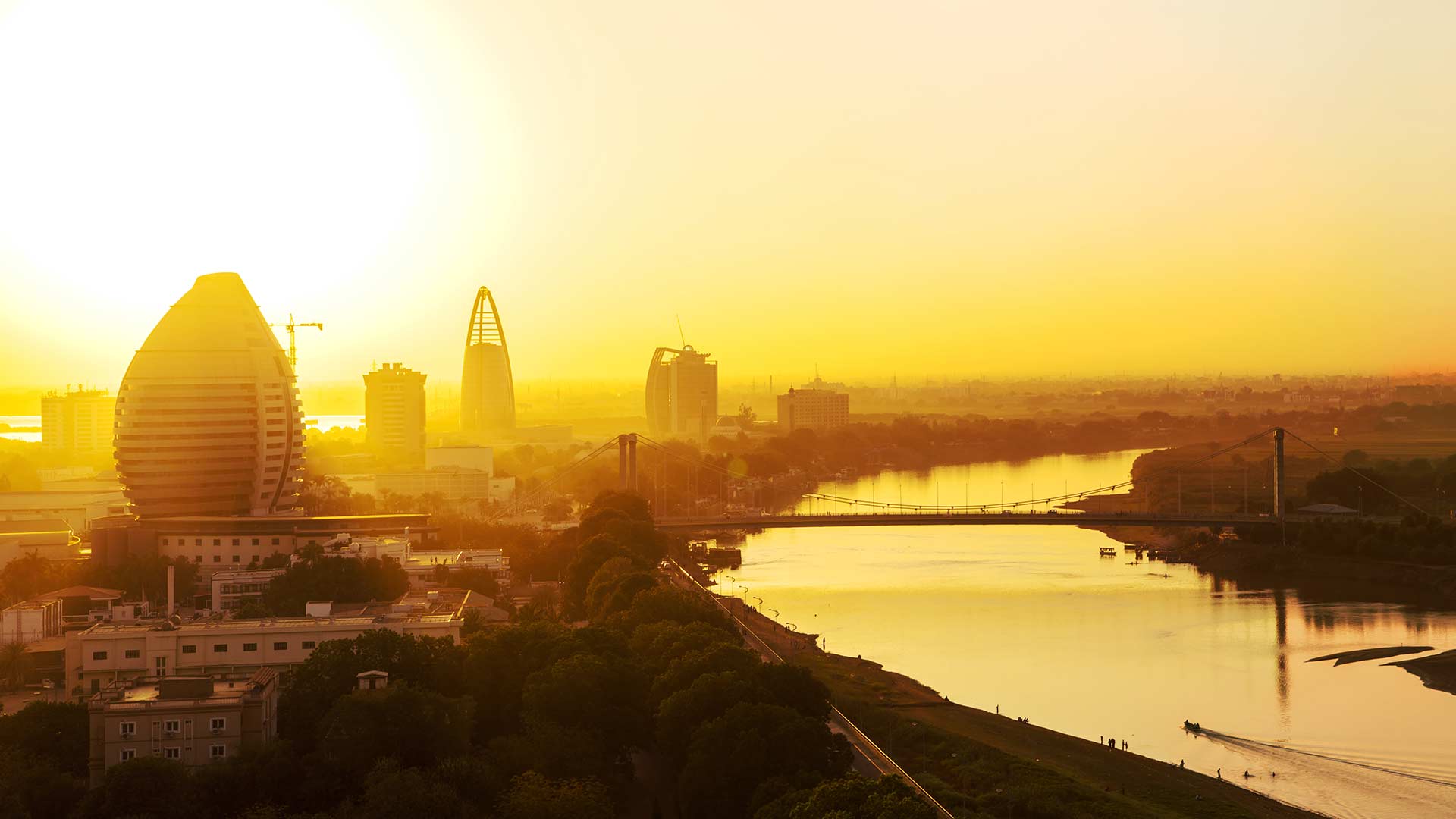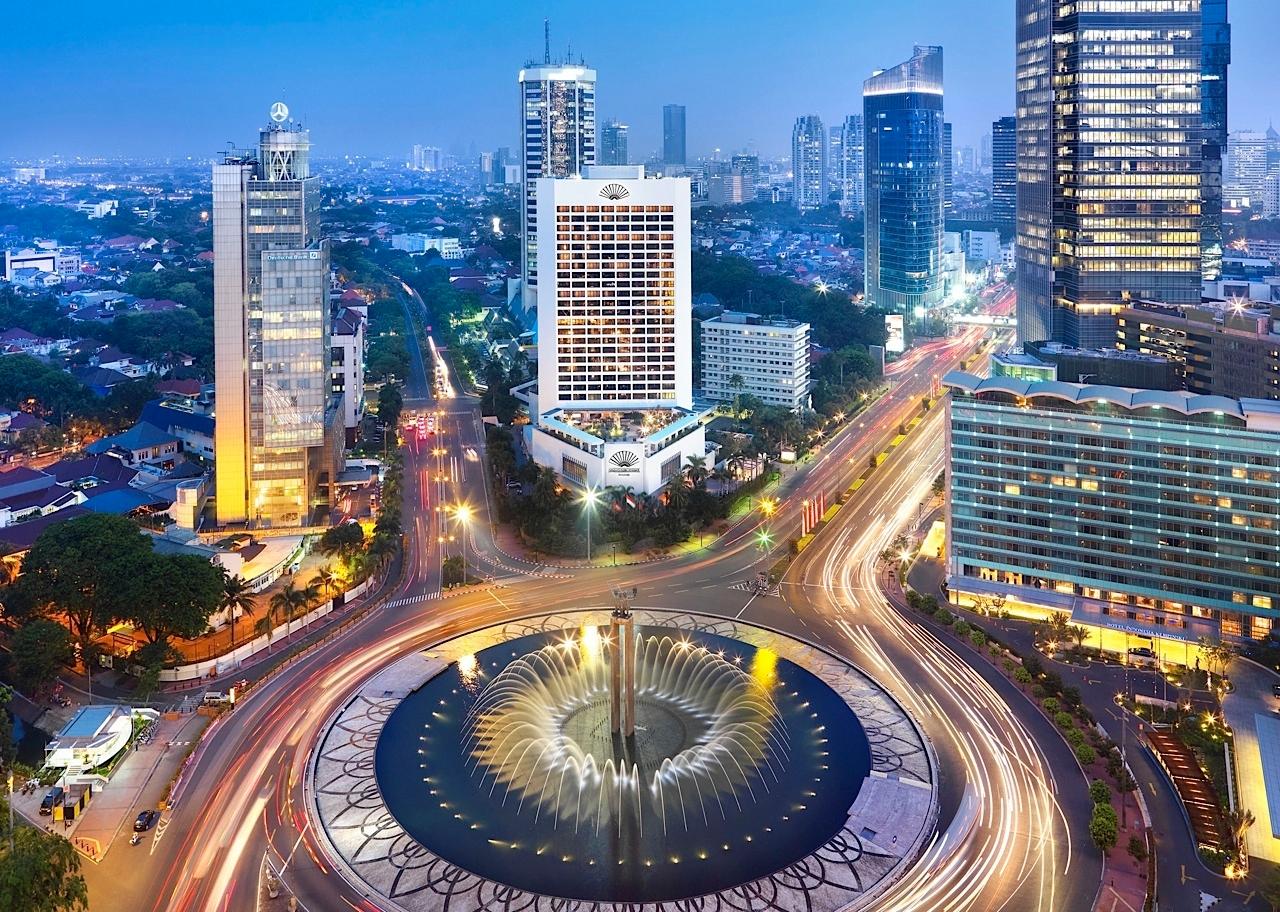Family businesses are among the oldest forms of enterprise. Today, they are among the most impactful drivers of global economic transformation. Despite receiving less media attention than public multinationals, family-owned firms generate more than 70 percent of global GDP and account for approximately 60 percent of all jobs worldwide, according to EY and the Family Firm Institute.
News type: Africa Bulletin
Monthly Newsletter shared via email. Every Last Thursday of the Month.
Stories that Matter | July 2025
East Africa
New Fibre Link to Boost East Africa’s Digital Resilience
Tanzania and Kenya have officially launched the redundancy route of the National Optic Fibre Cable network at the Horohoro border post, marking a major step in strengthening digital connectivity and regional integration across East Africa.
Speaking during the launch, Tanzania’s Minister for Communications and Information Technology, Jerry Silaa and Kenya’s Minister for Information, Communications and Digital Economy, William Kabogo Gitau, jointly called for the expansion of digital infrastructure across the African continent to accelerate digital transformation and economic development.
The newly launched redundancy route provides Tanzania with a critical alternative data path, linking to eight undersea cables via Kenya, cushioning the country against disruptions to its three marine cable connections in Dar es Salaam. “This route ensures Tanzania remains digitally connected even in the event of issues with our marine landing stations in Dar es Salaam.
It also strengthens regional data connectivity by providing faster, more reliable internet services across East and Central Africa,” Minister Silaa explained.
With this new development, Tanzania is now digitally linked with six regional countries, including Kenya, Uganda, Rwanda, Burundi, Zambia and Mozambique.
Mr Silaa also revealed that plans are underway to extend the fibre optic network to the Democratic Republic of Congo (DRC), further reinforcing Tanzania’s role as a digital gateway for the region.
Source: Daily News Tanzania
Powering Africa’s Energy-Intensive Sectors: Building for Growth, Digitalisation and Sustainability
As Africa engages with the global shift toward digital industrialisation, one issue stands at the centre of the continent’s progress: access to safe and reliable energy. According to the International Energy Agency, Africa accounts for just 6% of global energy use and less than 3% of global energy-related carbon dioxide (CO2) emissions. Therefore, substantial investment is required to power its future, as estimated by the African Development Bank (AfDB) to range between USD 60 billion and USD 90 billion annually.
Stories that Matter | June 2025
Africa
Africa Holds USD 4 Trillion in Domestic Capital for Infrastructure Investment – AFC
The Africa Finance Corporation has said African governments should look inward to tap into an estimated USD 4 trillion in capital held by domestic institutional investors. According to the AFC, around USD 455 billion of this capital is currently held in pension funds, while sovereign wealth funds account for another USD 150 billion.
When combined with commercial bank assets and foreign currency reserves, the total pool of investable domestic capital across the continent reaches USD 4 trillion. As the continent’s population and economies rapidly expand, investments in sectors such as railways and power generation are becoming increasingly urgent.
However, traditional funding avenues, such as foreign direct investment and official development assistance, are no longer keeping pace with the continent’s infrastructure needs, according to Reuters. African governments are finding it increasingly difficult to allocate funds for development projects, as interest payments consume a growing portion of national budgets. Shrinking donor budgets and rising protectionist policies in advanced economies are further constraining the flow of funds, the AFC noted in its report.
To unlock these funds, African governments will need to modernise the large informal sectors of their economies that remain untaxed and unregulated, and reform pension fund regulations to enable long-term infrastructure investment, the AFC said.
Source: Business Insider Africa
Role of Multilaterals and DFIs in Bridging Africa’s Energy Investment Gap
Africa stands at a defining crossroads in its energy transition. On one side lies a growing population, rising urbanisation, and an insatiable demand for reliable power. On the other hand, a persistent energy deficit, where over 600 million people remain without access to electricity. Bridging this infrastructure gap will be about unlocking inclusive, sustainable economic growth. But with constrained public budgets and risk-averse private capital, who will finance Africa’s energy future? Increasingly, the answer largely lies in the strategic involvement of Multilateral Development Banks (MDBs) and Development Finance Institutions (DFIs).
State of Africa’s Private Capital: Recalibrating for Resilience and Impact
Over the past decade, private capital has significantly impacted Africa’s investment landscape, emerging as a key driver in its economic transformation. Private equity (PE), venture capital (VC), infrastructure funds, and private debt have played a significant role in bridging financing gaps, catalysing business growth, and enabling inclusive development across the continent.
Stories that Matter | April 2025
Africa
Fund Managers Double Private Capital in Africa to USD 4 Billion
Fund managers focused on raising private capital for African companies more than doubled their funds to USD 4 billion in 2024, the third highest value in 10 years.
Most of the funds (42 percent) came from development finance institutions (DFIs), demonstrating the continent’s growing appeal to investors despite its macroeconomic headwinds.
The amount, which represents a 110.52 percent increase from USD 1.9 billion in 2023, was raised in final closes across 22 funds, boosted by a resurgence in commitments to infrastructure and private equity funds, according to the latest study by the African Private Equity and Venture Capital Association Ltd (AVCA).
The African Private Capital Activity report, dated April 2025, shows that DFIs contributed 42 percent of the USD 4 billion, while African investors increased their commitments between 2022 and 2024, growing their share from 14 percent to 19 percent.
The rebound in private capital activity on the continent pushed the value of fundraising above the USD 2.7 billion annual average of the previous five years (2019–2023) and ended two consecutive years of decline. “Steady commitments into private equity funds further bolstered fundraising values as the asset class, alongside Infrastructure funds, each accounted for 30 percent of the total value of final closed funds,” the report says.
Source: The EastAfrican
Africa’s Special Economic Zones: Engines for Industrialisation, Urban Development, and Economic Diversification
As Africa positions itself as a global economic powerhouse, special economic zones (SEZs) are emerging as key drivers of industrialisation, urban development, and economic diversification. SEZs are designated geographical areas within a country where businesses and investors can operate with different, often more favourable economic policies and regulations than the rest of the country.
Stories that Matter | March 2025
Africa
Africa Advances Toward Financial Integration with New Currency Exchange Marketplace
Africa is making a significant stride toward financial integration with the launch of the Africa Currency Marketplace by the Pan-African Payment and Settlement System (PAPSS). This innovative platform is set to facilitate direct currency exchanges across the continent, reducing reliance on the US dollar and fostering a unified African capital market.
In an exclusive discussion on this development, Stan Zézé, CEO & Chairman of Bloomfield Investment, shared insights into the impact of this initiative on Africa’s financial landscape.
Zézé highlighted how the Africa Currency Marketplace could enhance liquidity and stabilise currencies within African markets. He also addressed the challenges of implementing such a system, citing the need for robust financial infrastructure and regulatory alignment among participating nations.
The initiative could also serve as a catalyst for the establishment of a unified African capital market. Zézé emphasised the crucial role of private rating agencies, such as Bloomfield, in providing credible assessments of financial risks and ensuring investor confidence. He argued that independent agencies offer unbiased ratings, contrasting with the African Union’s proposal for a publicly controlled agency, which might raise concerns over impartiality.
Source: AfricaNews
Africa’s Rise to the Global Stage: Trade, Growth, Partnerships and Geopolitical Influence
Africa’s position in the global economy is shifting. Once primarily viewed through the lens of aid dependency, the continent is now a formidable player in trade, investment, and geopolitical affairs. According to Invest Africa, recent developments have seen the African Union admitted as a permanent member of the G20, this was after BRICS welcomed Egypt and Ethiopia as new members, alongside Saudi Arabia, Iran, the United Arab Emirates and Argentina.









